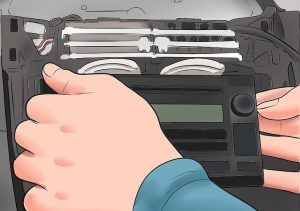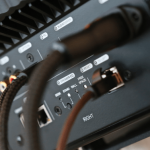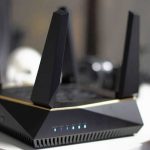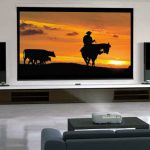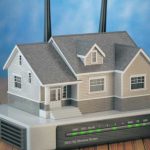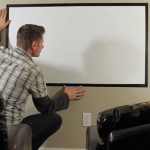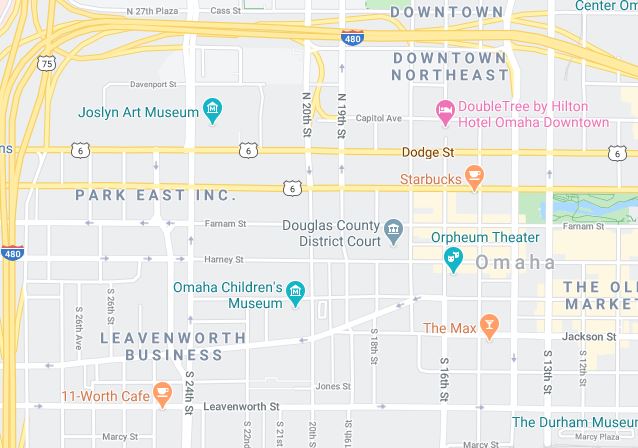How to Connect Equalizer to Integrated Amplifier?

Although not as widely used as they used to be, equalizer continue to be a popular frequency response choice for home-audio fine tuning systems. The proper use of an equalizer requires complete know-how of your room specifications, but you can connect easily the equalizer to your built-in amp, even if it does not have the Tape Loop feature on which most equalizers rely.
Find the audio chain in your system (how many components you have, and how you intend to link them). If your only source is a CD or DVD player, or if your built-in amp has preamp-out and preamp-in connections, all of the necessary connections to connect equalizer to integrated amplifier can be made easily.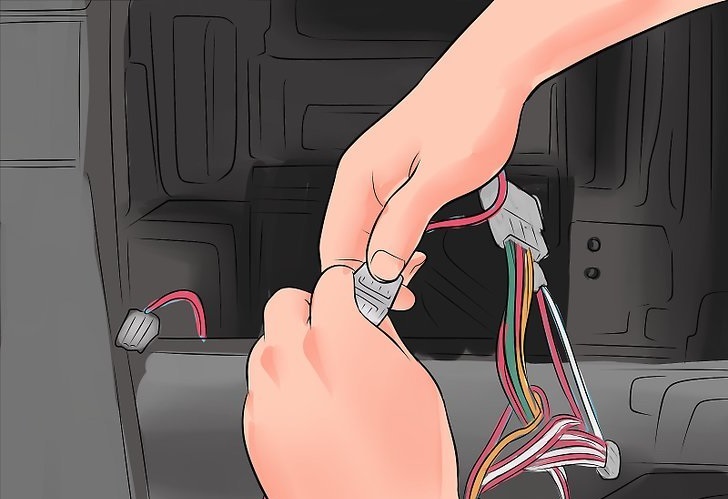
Connect your source part to the Graphic Equalizer input with one pair of RCA cables. Using cables long enough to get the equalizer inside your cabinet.
Link the equalizer output with the second pair of RCA cables at the preamp input of your integrated amplifier.
If you are going to connect multiple components, you’ll need a built-in amp with preamp out and in. Link all components on the Integrated amplifier to the correct data.
Connect a pair of RCA cables at the input on your equalizer from the preamp output of your integrated amp. Attach a second pair of RCA cables from your equalizer’s output to your built-in amplifier preamp input.
Hook up an equalizer to integrated amplifier in a car
Enthusiasts of car audio covet the power and control. You should add an amplifier and equalizer to your stereo system to accomplish these matters. The amplifier adds volume and sound range to any of the stereos. The equalizer lets you control the sonic output to meet your specific requirements. You can either have a contractor conduct the installations at an aftermarket store, or you can do it yourself and save labor costs.
All volume controls add a small amount of distortion and also affect transparency so it’s almost always a good thing to remove one.
You can use an amp which does not have a dedicated AV input, by putting the control of volume to the same level if you wish to use it in combination with your surround amp. That’s a less precise and more fiddly way to do things, but it just works fine.



